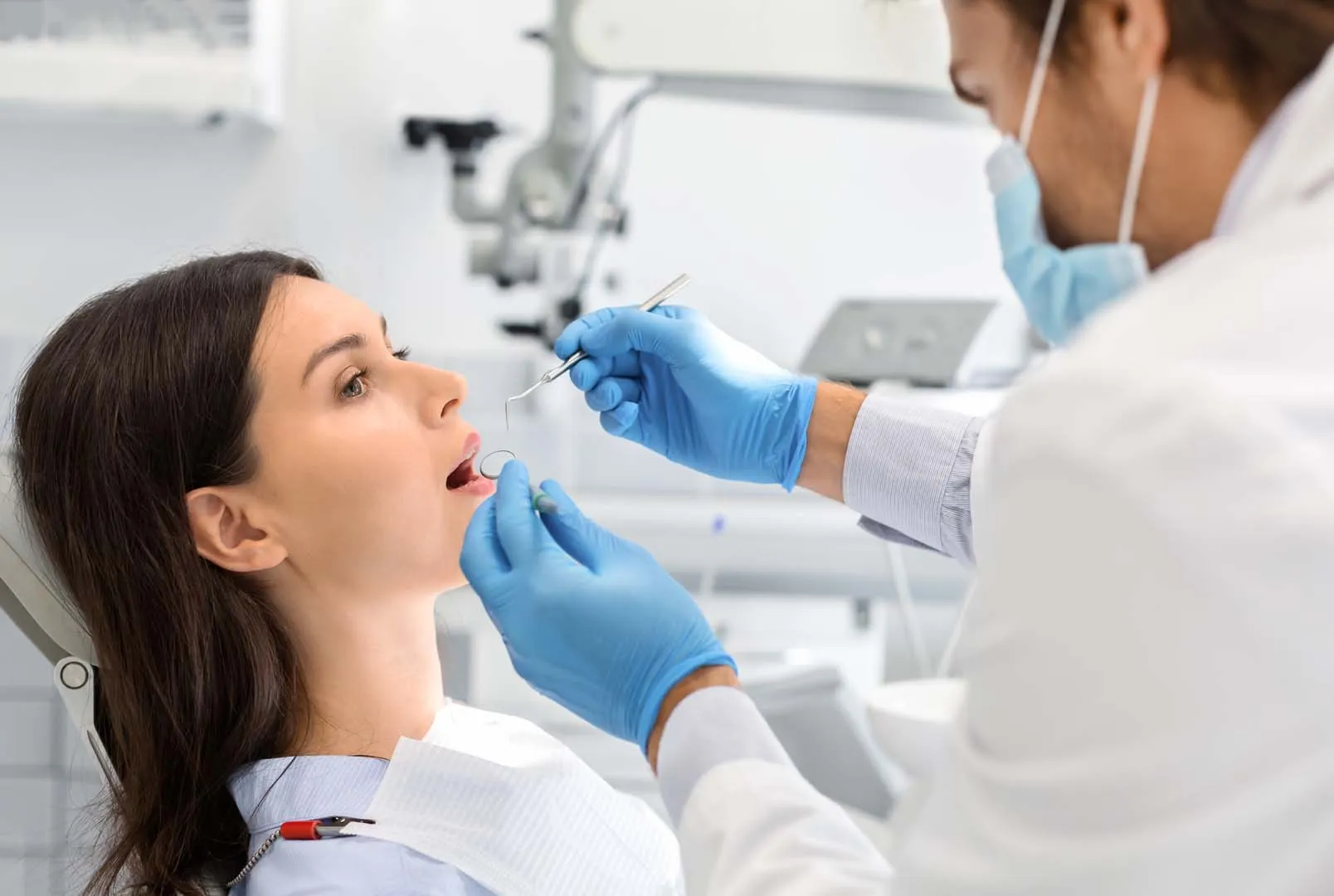

Comprehensive Oral Health Care for Acid Reflux (GERD) Patients at Proud Smiles
Gastroesophageal reflux disease (GERD), commonly known as acid reflux, can significantly impact your oral health. The frequent acid exposure can lead to various dental problems, affecting the health and appearance of your teeth. At Proud Smiles, we provide specialized care to help manage the oral health challenges associated with acid reflux.

Personalized Care for GERD Patients
Dr. Radha Patel at Proud Smiles in Atlanta, GA, works closely with patients who have GERD to manage the effects of acid reflux on their oral health. Dr. Patel is dedicated to detecting early signs of damage caused by acid exposure and providing effective treatment plans tailored to each patient’s needs.
Common Oral Health Issues in Acid Reflux Patients
Patients with acid reflux may experience several oral health challenges:
Tooth Erosion
Frequent acid exposure can erode tooth enamel, leading to increased sensitivity and a higher risk of cavities.
Dry Mouth
GERD medications can reduce saliva production, causing dry mouth, which increases the risk of tooth decay and gum disease.
Gum Inflammation
Acid reflux can contribute to inflammation and irritation of the gums, leading to periodontal disease if not managed properly.
Bad Breath
The acid and stomach contents that reflux into the mouth can cause chronic bad breath.
Dr. Patel provides comprehensive care to address these issues, ensuring that your oral health is maintained despite the challenges posed by GERD.
Managing Oral Health with GERD
At Proud Smiles, we offer a range of treatments and preventive measures to protect your teeth and gums from the effects of acid reflux:
Protective Dental Treatments
Dr. Patel may recommend fluoride treatments or dental sealants to protect your teeth from acid erosion.
Customized Oral Hygiene Plans
We create personalized oral hygiene plans to help you manage dry mouth and reduce the risk of tooth decay and gum disease.
Dietary and Lifestyle Recommendations
Dr. Patel can provide advice on dietary and lifestyle changes to minimize acid reflux and its impact on your oral health.
Regular Dental Check-ups
Frequent dental check-ups allow us to monitor your oral health closely and address any issues early before they become more severe.
Why Choose Proud Smiles?
At Proud Smiles, Dr. Patel is committed to providing comprehensive care that supports both oral health and overall well-being. She works with GERD patients to manage their condition and promptly address any developing concerns.
Serving Atlanta and Nearby Areas
If you have acid reflux and are experiencing oral health issues, visit our dental office in Atlanta for a comprehensive evaluation and personalized care plan. Proud Smiles also serves nearby areas, including Sandy Springs. Request an appointment online or call us at (470) 239-6422 today. Dr. Patel and the team at Proud Smiles are here to help you maintain a healthy smile and improve your quality of life.
Accepting New Patients and Emergency Appointments Welcome!
Join our family at Proud Smiles.
We’re committed to providing compassionate, expert dental care in a welcoming environment. Schedule your appointment today and let us help you achieve the healthy, beautiful smile you deserve.
Before our calendar fills up!


